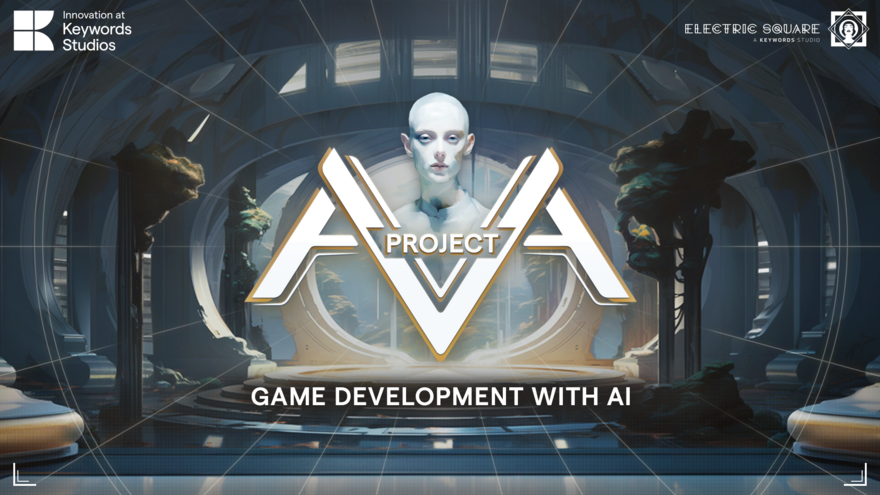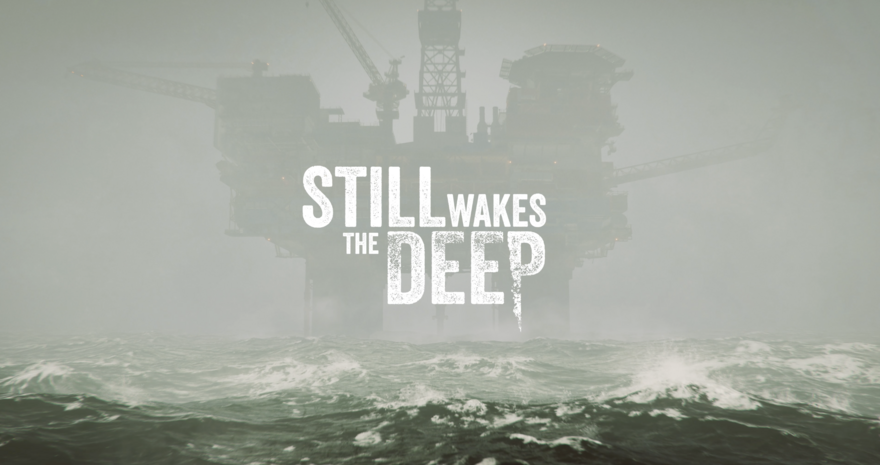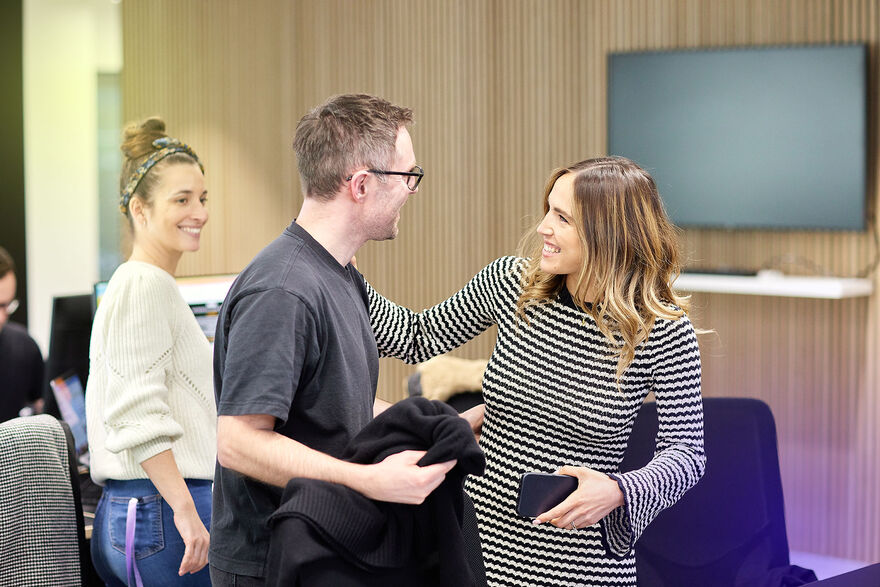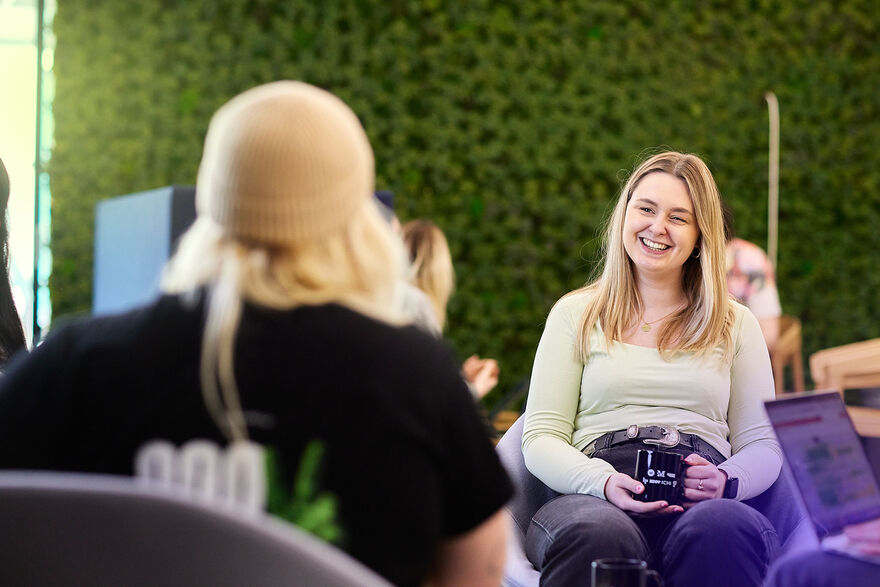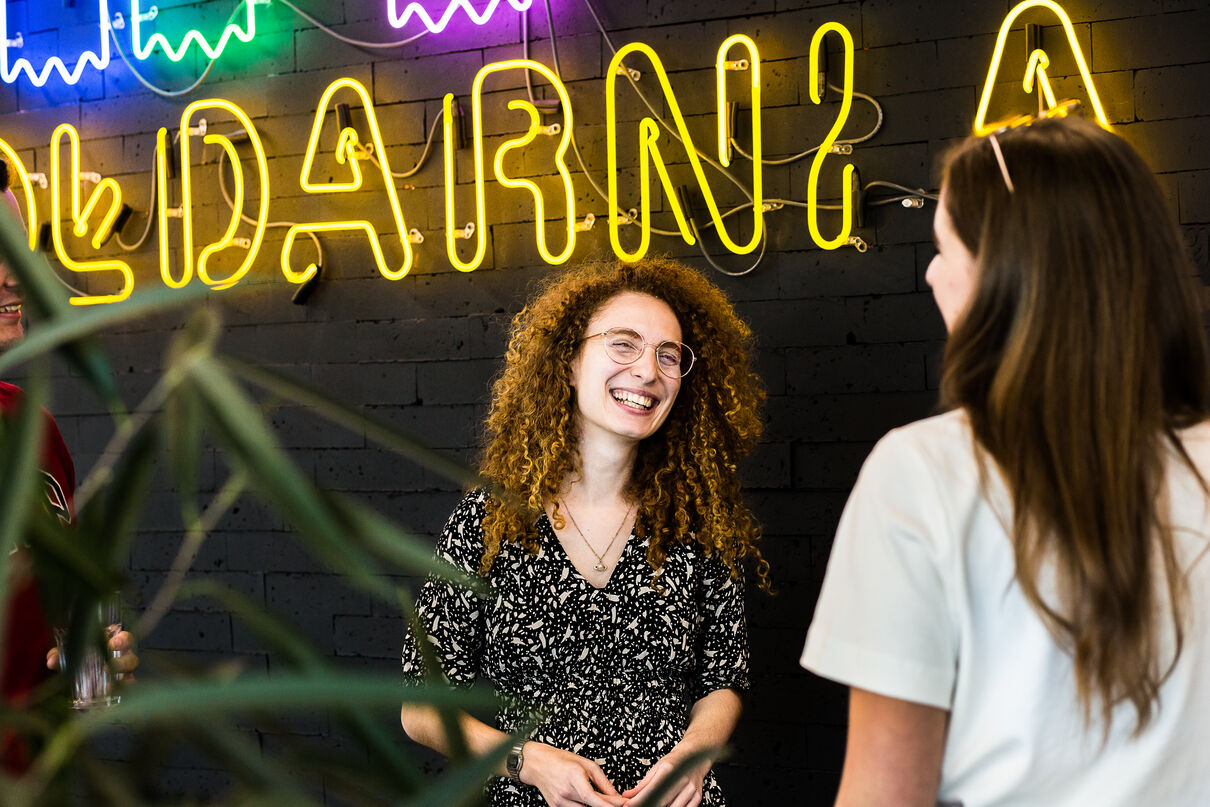Ana Maria & Tatiana: Women in Localization
At Keywords Studios we are hugely proud of all the women contributing their passion, expertise and insight to our efforts to build the best video games on the market.
This week we had a great chat with Ana Maria Pleșca and Tatiana Miu, who both work in Localization at our Dublin studio. We touched on several topics, from work in general to female representation in the video game industry.
Here’s what they had to say!
What does a typical day at work involve?
Ana Maria:
I’m a Localisation Coordinator in the Dublin team. My role involves day-to-day operations and providing support to the localisation team in offering culturally accurate experiences for players around the world. I love playing support characters in-game, and I am trying to use those skills out-of-game too in the work environment!
Tatiana:
I’m a Localisation Project Manager. The simplest way to explain the role is to say that I act as a facilitator, making sure the localisation process goes smoothly for all the languages assigned to us. Probably what I love most about the role: while it is very process-oriented there is also a lot of communication, and I enjoy helping people and setting them up for success in providing the best localised experiences for our players.
As a long-time gamer myself, I appreciate it when gaming and localisation companies go that extra mile to make their content feel tailored to each player’s market.
The video game industry has traditionally been seen as a male-dominated field. What has your experience been in Localization?
Ana Maria:
Both the player-base and the games industry itself are seen as traditionally dominated by male players, it’s true, but things are evolving towards a more inclusive environment. And in my experience, I have never been made to feel a minority in localization. It’s welcoming and open to anyone who loves games.
Tatiana:
Based on my experience at least, I would not describe localization as a male-oriented field. If you think of the gaming industry as broadly more related to STEM disciplines, I can see why that would be the general image – I thought the same before discovering there is a whole other world related to video games beyond development. Localization is quite different, and I think it has to do with the background of people entering this field, which I think is in the humanities more often than STEM.
Why do you think Localisation is key in video games and other forms of entertainment?
Ana Maria:
Bringing players together, regardless of language, is important for evolving the player fan base. Many people think localisation is just translation, but it’s much more: it plays a key role in conveying the soul of a game and transcending the cultural barriers.
Tatiana:
As I mentioned, we don’t have much video game content in my language compared to the more established markets. As a player, this makes you appreciate it even more when a company puts in the effort to localise their content into your language – you feel seen and acknowledged in a way.
That’s why it’s important to provide the best possible quality as well: with less content available in a given language, it can be damaging to the experience if players or viewers feel like the content they do get was not tailored and adapted properly.
That’s where the difference between translation and localisation comes in.
Tell us more about working with other women in Localization – what do you think is unique about this network?
Ana Maria:
Our passion for games brings us together. We’re like-minded women working on games which we love to play outside of work, so that’s a great environment to make good friends.
Tatiana:
Thinking about video games localization specifically, I love how everyone is so passionate about what they do. You’re aware that your work isn’t just taking words from one language and translating them into another, or just making sure your processes work; you’re helping create tailored experiences for players like yourself, so you get emotionally invested in a way.
It has also been great to see more initiatives highlighting the role of women in the industry, which I am sure will help anyone looking ‘from the outside in’ realise that this is not quite the male-dominated industry they might have expected.
That being said, there is still much work to be done around representation.
Why is it important to see more women working in games?
Ana Maria:
Girl power! We are challenging traditional ideas, doing what we love and not shying away from fields that are generally seen as male-oriented.
Tatiana:
For the same reasons it is important to see this anywhere else: representation and showing others that this is not an area that’s inaccessible to them.
If you’re a woman considering going into the gaming industry – in whatever area, not just localization – it’s great to see success stories from people like yourself. I think it gives you the extra bit of courage to just go for it.
What advice would you give to other women considering a career in Localisation?
Ana Maria:
It’s a great experience! If you are passionate about video games and want to work in the industry, chase every opportunity. If you’re a translator or tester for a language that is not frequently localised in games, try to also grow other types of skills to better your chances.
Tatiana:
If it’s something you’re interested in, definitely go for it! It’s a great environment, you’re sure to meet like-minded people along the way, and you get to do something you’re passionate about. These things can be the difference between having ‘just a job’ and something that makes you excited to show up to work every day.
Which changes would you like to see in the industry in future?
Ana Maria:
Embracing the work-from-home option on a long-term basis would be a great change in the industry.
Tatiana:
I’d like to see more women in leadership roles. I think there is still some work to be done when it comes to representation at that level.
